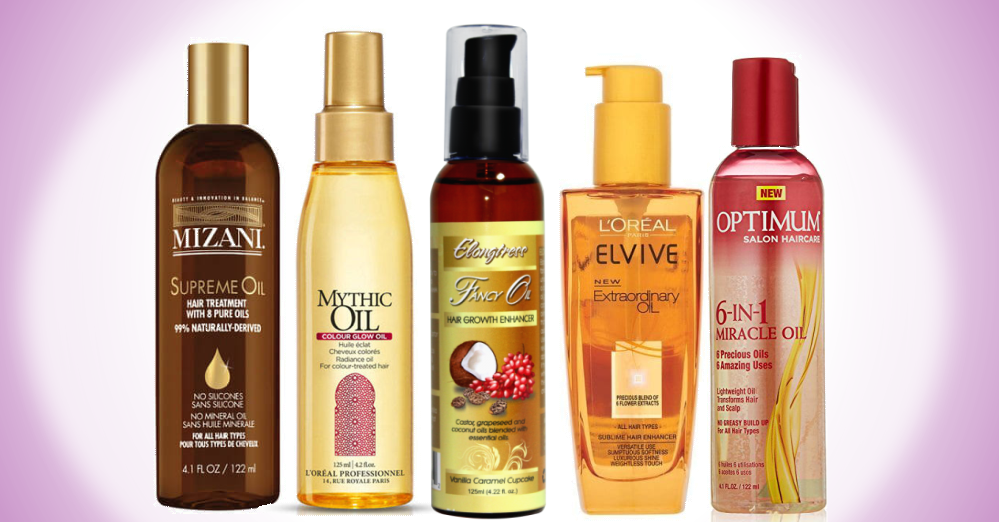
Contents:
- Oils, Oils Everywhere?
- Grasping The Significance Of Oils
- Historical Significance Of Oils
- Some Ancient Beliefs About Oils in Hair Care
- What Does All This Have to Do With Hair Care Now
- Final Considerations
Oils, Oils Everywhere?
Am I over thinking things, or is it that every beauty practice involves the frequent and consistent use of oils? Actually let’s break this down for a minute, when it comes to skincare, it’s not the glossy $200 face creams that are most praised for their ability to keep skin looking young but humble oil.
“Go to bed greasy” is a practice of oiling your face and/or body every night before bed and it’s proponents show that doing so keeps skin hydrated longer thereby reducing signs of aging. Blac Chyna and Gabrielle Union have shared that going to bed greasy is a huge part of their beauty routines.
When it comes to growing long natural nails and keeping them strong but elastic enough to withstand daily bashing, it’s not the nail strengtheners, acrylic or even gel manicures that give you the best results but humble oils…. again.
When it comes to hair care, the Indian oiling method is a time-honored practice that helps Indian women grow and retain unbelievably long hair. It’s not just the Indians though because look at the Chad women and what they use in their chebe, oiling the hair is a very large part of the process.
It appears that all ancient civilizations relied heavily on oil as a staple and sometimes as the foundation of hair care.
Could it be that we have not fully grasped the significance of oils* in our hair care regimens?
Grasping The Significance Of Oils
Most of us have some family traditions passed down to us; recipes for the marinade for the perfect pot roast, the special ingredients for the crispy fried chicken or puddings, what herbal concoctions to use for aches and pains, natural family planning methods and above all, the beauty secrets and the power of oil.
When you consider the fact that our ancestors used bacon grease from the kitchen in their hair care during slavery, it implies that there has long been a tacit agreement that oils* are needed for strong and lustrous hair.
When you consider the fact that our ancestors used bacon grease from the kitchen in their hair care during slavery, it implies that there has long been a tacit agreement that oils are needed for strong and lustrous hair.
Our ancestors must have understood the relevance of the application of oil in beauty remedies, but when they were stripped of all their possessions and forbidden to practice their customs, it prevented us from learning their ways and some of that body of knowledge became lost to the black community residing in the Western world.
Further, today with all the newfangled hair strengtheners, protein treatments and buzz words like the loc method to keep us busy, we have relegated oils to a cursory place in our hair regimens and we may not fully grasp how important they actually are.
Historical Significance Of Oils
Oil has long been held as a sacred resource globally. If you check the Bible you can’t miss it, since Israelites traded oil for cedar and cypress wood. It was used as currency and to form treaties with nations.
Resin from the trees in the Middle East made specialty oils in the forms of frankincense and myrrh. The pouring of oil on a person’s head symbolizes the favor and honor of God resting on that person or that the person is chosen.
The Talmud also has many references to oil. It has been held in high esteem by the Egyptians who are recorded in history as having the widest collection of cosmetics, the Chinese and Japanese, the Indians, even the Greeks used oil in their beauty regimens, specifically in hair care.
Oil has long had spiritual connections, so much so that it was viewed as a gift from God and used in rituals in every religion. In Ayurvedic practices, the use of oil on skin represents spiritual cleansing.
Ancient Indians believed that cosmetics and hair care ingredients have no place on your body unless they are edible, hence the infusions of the most potent herbs into oils.
Ohh